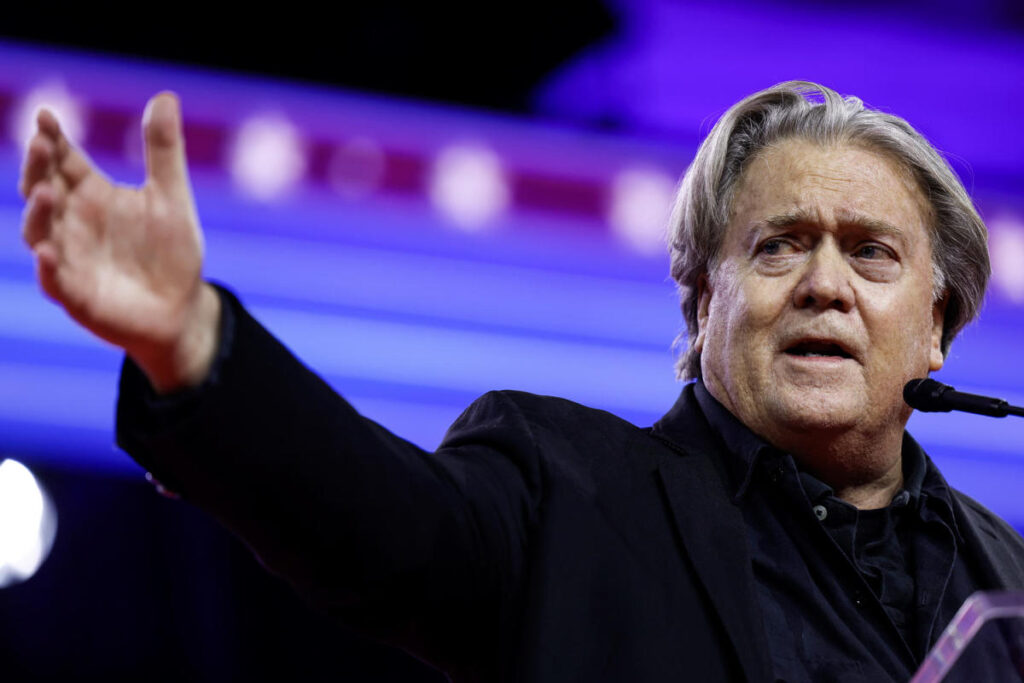Steve Bannon, a prominent figure in conservative politics and a former advisor to Donald Trump, was released from federal prison on a significant date, just one week before the upcoming election. His release comes amidst a tense political climate as voters prepare to choose between Trump and Vice President Kamala Harris. Bannon, who is known for hosting the podcast “War Room,” had been incarcerated for four months as a consequence of defying subpoenas issued by the House committee investigating the January 6 Capitol attack. His release marks a pivotal moment in the ongoing political discourse surrounding both his past actions and the criminal inquiries surrounding Trump.
Bannon’s legal troubles stem from his 2022 conviction on two counts of contempt of Congress for noncompliance with subpoenas regarding the January 6 insurrection. U.S. District Judge Carl Nichols, a Trump appointee, emphasized during the trial that Bannon’s actions reflected a preference for loyalty to Trump over legal obligations. Prosecutors highlighted his disdain for Congress, specifically its attempts to understand the Capitol attack and put measures in place to prevent similar incidents in the future. His lengthy fight against the legal proceedings included appeals that delayed the imposition of his sentence, though ultimately, he was ordered to serve time.
While incarcerated, Bannon maintained his provocative stance, asserting his pride in facing prison time and suggesting that Democrats could only win elections through dishonesty. This rhetoric aligns with his broader narrative on his podcast, where he often discusses topics related to election integrity and conservative political ideology. Bannon’s influential media presence underscores his continuing role in shaping right-wing discourse, even while navigating his own legal challenges.
The backdrop to Bannon’s release includes Trump’s own legal battles, which have captured national attention. Trump faces a series of indictments related to his attempts to overturn the results of the 2020 presidential election. These charges highlight significant issues of compliance with electoral processes and have led to a polarized political environment. Trump’s legal issues complicate the landscape as they unfold against the backdrop of the election, wherein both he and Bannon remain central figures in discussions about the fate of the Republican Party and the integrity of U.S. democracy.
Interestingly, Bannon’s case is not isolated, with other former White House officials, such as Peter Navarro, also facing similar contempt charges for declining to testify before Congress. Navarro received a four-month sentence like Bannon’s and was released during the Republican National Convention, reflecting a recurring theme of perceived martyrdom among those aligned with Trump. The trajectory of these legal battles poses questions about accountability and the repercussions for those willing to defy congressional oversight.
As Bannon re-enters the public sphere through his podcast, the implications of his release resonate within the broader political landscape. The intertwining narratives of Bannon, Trump, and the impending election signify the ongoing struggle over narratives of legitimacy and power in American politics. The upcoming election serves not only as a referendum on policies but also as a litmus test for the political tactics employed by those who remain loyal to Trump amidst mounting legal issues. How voters respond to these dynamics will shape the next chapter in American political history.

